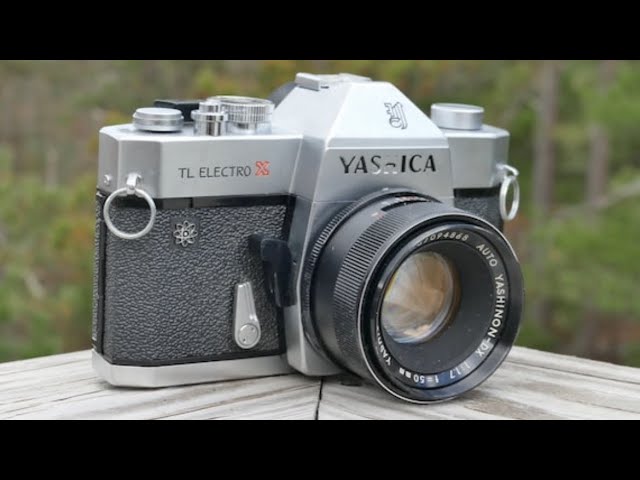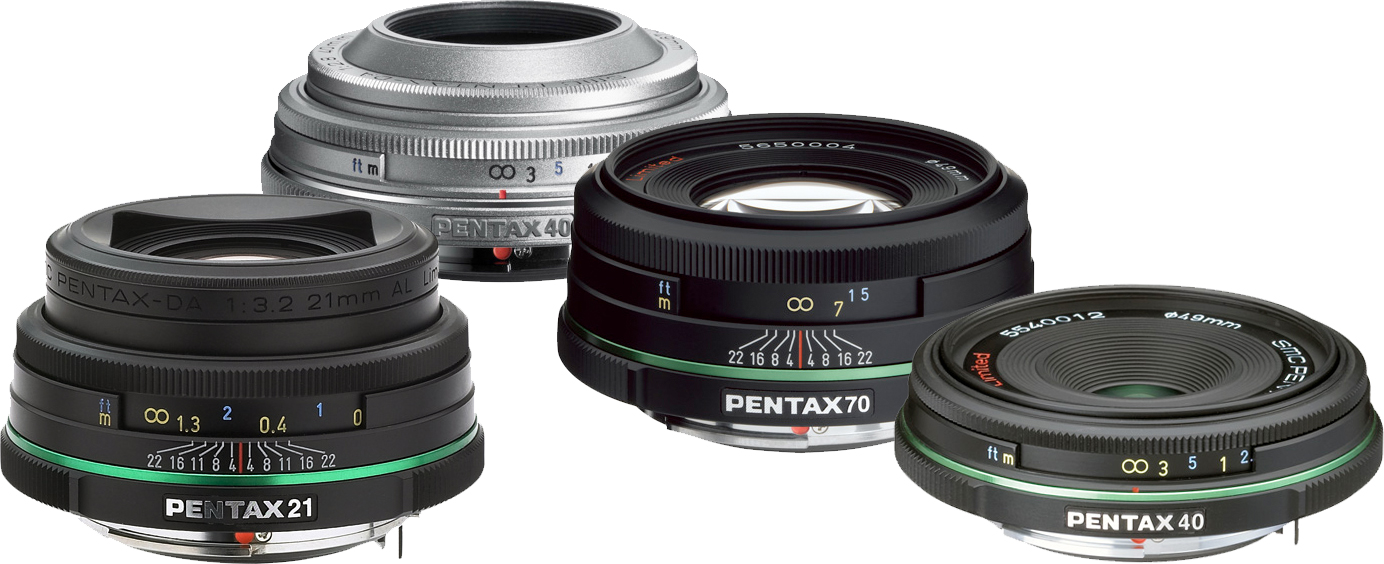
The right equipment will help you achieve your goals, regardless of whether you're photographing for an ad campaign and/or household items. Learn about the different camera and lens options. We also address the importance tripods and ND filtering, as well as how to buy used equipment. Photography is a rewarding hobby.
Equipment photography considerations
The best equipment is essential to taking beautiful photos. The quality and detail of your photographs will be determined by the camera you select. High-quality lenses are also essential. You can change lenses to suit different photography styles with some interchangeable lenses. Before buying a camera, you should read user reviews. YouTube videos of professional photographers can be viewed to get a better understanding of the best cameras and lenses for you.
When you're shopping for equipment, you'll want to look for a reputable dealer that has an excellent reputation. Be sure that the dealer offers a return and warranty. Don't be misled by "bundled offers" from dealers. Compare prices before you make a purchase.
Tripods
A tripod is a good way to increase stability of your equipment and camera. A tripod is an essential accessory for creating beautiful photographs. It can also be used to capture macro or night photos. A tripod can give you more creative options, and will make your photography stand apart from others.

There are many kinds of tripods. Choose the one that suits your needs. The price of a tripod is also important. While there are many affordable options on the market for tripods, it is also important to evaluate the quality of the build. You won't find the same quality materials in cheaper tripods as those made of higher-end tripods. A quality tripod will cost around $400 to $500.
ND filters
ND filters can help extend your camera's exposure time. These filters can be used to capture photos under difficult lighting conditions. They can also be used with shallow depth of field and to help you focus in bright conditions. However, ND filter may reduce the sharpness and clarity of your images. Use them with care to avoid blurred or noisy images.
The ND filters are great for landscape photography. These filters can give you more creative control and make your photo look more dynamic. You can create photographs that you wouldn't be able to without filters. A professional landscape photographer will show you how to use ND filters to get the best shots.
Camera bag
Camera bags can protect your equipment and camera. Side pockets can be found in many camera bags to hold your cell phone, sunglasses, and other small objects. These pockets make it easy to find and transport them. You will also find many cameras that come with a lenses. A good bag should protect your lens and camera.
Camera bags are available in many styles. Although the most popular type of camera bag is the shoulder bag there are other options. You can find holsters to fit over your shoulder or pouches that you can wear around the waist or on the shoulders.
Batteries

Batteries are critical when using digital cameras. An unreliable battery can cause dangerous situations such as fire or shock. High-quality replacements batteries are a good way to prevent this. You can store your batteries in the case or in a pouch. To prevent short circuits, you can cover the terminals of your battery with tape.
Professional battery systems must be equipped either with dual or quad charging units. Long-term storage is recommended for lithium-ion batteries. If the lithium batteries are not disposed of immediately, they are susceptible to leakage.
Computer
You will need a computer that is fast if you are a professional photographer who edits photos. You'll also probably run multiple applications at once, so you'll want a machine that's fast enough to keep up. There are many options for computers. One that is right for you and affordable.
Many photographers are not computer experts so they buy computers pre-built by computer manufacturers. Although it's not difficult to build a computer yourself, you can save hundreds of money. Furthermore, you will have a better understanding how computers work.
FAQ
Is digital photography hard?
Digital photography can be difficult. It takes time and effort to learn how to use the tools properly. You must know the right settings for different types shots. You can learn best by doing. Practice makes perfect.
Is photography a talent
Photography is not an artistic talent. It is an art that takes practice, training and experience. To master any aspect of photography, it takes years of practice and study.
Photography is a business. You must have a plan to make money.
To achieve this, it is important to first understand the kind of clients that you wish to attract and then find ways to reach them.
You must know their identity and what they want. To persuade them, you must communicate clearly and persuasively.
This means you need to be prepared and well-organized when meeting potential clients.
Before you approach potential customers, it is necessary to compile a portfolio. This can be done digitally through software programs or printed on to paper.
After creating a portfolio you should look for opportunities to present it. This could include advertising online or directly approaching businesses.
Cameras available for purchase
There are lots of places online where you can buy cameras. B&H Photo Video, however, is recommended as a trustworthy retailer. They have knowledgeable staff that can help answer any questions you may have.
B&H ships your order quickly and securely.
You can learn more by watching this video about shopping for cameras.
Statistics
- That's the easiest way to get blurry photos 100% of the time. (photographylife.com)
- There are people out there who will pick at flaws they can only see in 100% crops of your photos. (wikihow.com)
- This article received 13 testimonials, and 100% of readers who voted found it helpful, earning it our reader-approved status. (wikihow.com)
- By March 2014, about 3 million were purchased monthly, about 30 percent of the peak sales total. (en.wikipedia.org)
External Links
How To
What are the skills to be a photographer?
Technical knowledge, artistic ability and business acumen are the essential skills needed for any job in photography.
Technical knowledge includes understanding exposure settings, camera functions, lens types, film speeds, and developing techniques.
Understanding composition, lighting, and poses is essential to artistic ability. You also need to know how to use Photoshop and other editing software.
Business acumen involves managing clients, budgeting and scheduling.
A passion for photography is essential if you are to become a professional photographer.
Learn about photography online, at school or in college.
You will also find many books on photography that can help you.
As well to learning about photography, it is important to develop your own style.
This will make you stand out among others in the field.
Over the years, photography has evolved. In the past there were cameras like the Kodak Instamatic camera or Polaroid instant cam.
Digital cameras are increasingly popular today. Most photographers now use their smartphones for taking photos.
Although it is possible to purchase a smartphone capable of taking high-quality images you should invest in a DSLR (Digital Single Lens Reflex).
A DSLR can be used to control every aspect, from shutter speed, aperture, ISO, sensitivity, white balance, focus, and white color.
These features enable you to create stunning photos and different effects.
These controls can also alter the mood of your image.
For example, you could make your subject appear blurry by using a fast shutter speed.
You could also make them appear to be moving by increasing the light entering the camera.
Adjusting the scene's hue can change the mood.
For example, if there is lots of blue light around, you can increase the red content of the picture to give it a warmer feel.
To begin with, you may find it difficult to know which direction to point your camera.
However, once you understand the basics, you will soon realize that it is not so hard after all.
It is actually much simpler than you might think.
You will likely start off by only shooting landscapes and close-up shots.
Don't worry, as you get more experience, you'll be able capture everything from abstracts to portraits.
Once you have learned the basics, it is possible to move on with more advanced subjects.
Here are some tips to help you get started:
-
Pick a great location. Places that allow you to relax and have fun are best.
-
Find something to photograph. Look for things that are unusual or unique.Try photographing flowers, animals, or even insects.
-
Take plenty of practice pictures. Practice makes perfect!
-
Experimentation with different angles is possible. Your goal will dictate how you hold your camera.
-
Use different lenses. Different lenses provide different perspectives.
-
You can also shoot in low-light conditions. It can be difficult for you to photograph in bright sunlight.
-
Learn how to frame your shot. When capturing images, framing is a crucial skill.
-
Learn how your camera settings work. You can improve your photography by spending time with your camera settings.
-
Keep learning new techniques. There are many ways you can learn about photography. Visit local galleries and museums.
-
Read books and magazines. You will learn everything you need about photography by reading books and magazines.
-
Join a club. Photography clubs often hold events that encourage members to share their work.